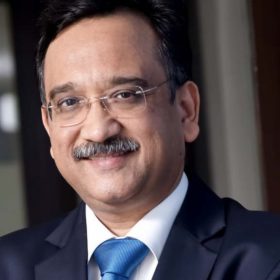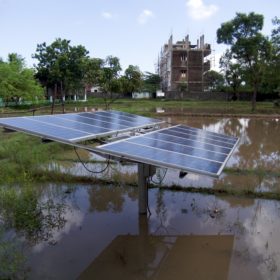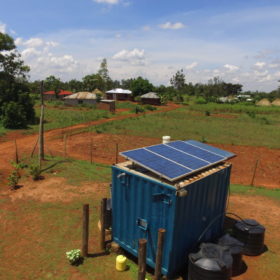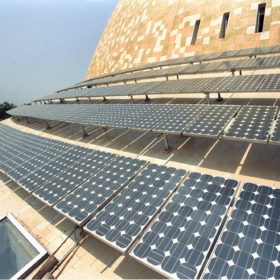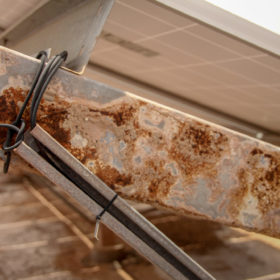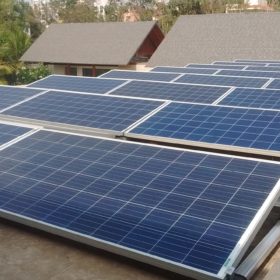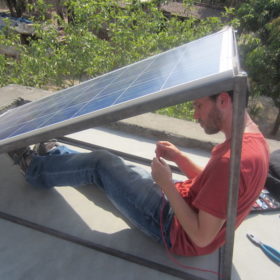Emissions, EVs and renewable energy: Reflections and outlook for India
India, one of the most diversified energy markets in the world, has recently become the lowest-cost producer of solar power. This reflects a steady and encouraging shift toward renewable power—a shift that’s in line with the targets set by the government. At the Climate Action Summit that was held earlier this year, Prime Minister Narendra […]
Uttar Pradesh govt aims to support 75 MW farmland solar plants in 2019-20
Under KUSUM scheme, the state government will help farmers in setting up an aggregate 75 MW capacity of grid-connected solar plants—in capacities of up to 2 MW—on their barren or cultivable land.
The long read: South Korea’s burning issue
The string of fires that shook up South Korea’s booming energy storage market throughout 2018 brought development to a screeching halt this year. Throughout the lackluster first half of 2019, manufacturers, installers and analysts remained cautiously hopeful that a government investigation into the fires might plant the seed for late-year market growth. However, another outbreak of fires in the months since the conclusion of the probe has shaken industry morale once again, snuffing out any lingering hopes for a quick recovery.
COP25: India calls for speedier expansion of International Solar Alliance
Launched in November 2015, the alliance aims to collectively address key challenges to the scaling up of solar energy in member countries that fall between Tropic of Cancer and Tropic of Capricorn. Out of 121 prospective member countries, over 83 have already joined it in a period of just four years.
Gujarat notifies guidelines for small-scale distributed solar projects
The state government’s Policy for Development of Small-scale Distributed Solar Projects 2019 allows any individual or company to set up solar plants in capacities ranging from 0.5 MW to 4 MW for sale of electricity to the DISCOMs.
India and German development lender to launch rooftop solar scheme
Program aims to drive down the cost of solar electricity to a maximum of Rs2.50/kWh in a nation where tariffs vary wildly from state to state.
Assessing metal leaching from PV modules dumped in landfill
An Indian Institute of Technology research team analyzed around 300 studies about PV panel waste containing carcinogenic metals. The researchers said solar module recycling is not economically profitable and policy support is necessary to avoid panels being dumped in landfill.
Distributed Energy’s rooftop solar aggregator platform raises Rs 100 million funding
The platform connects credible renewable energy projects with investors, and has already delivered 5 MW of energy to a range of companies in Southern India and Rwanda.
ADB extends $250 million loan to EESL for energy efficiency initiatives
The investment—part of a $592 million assistance package—will be used to promote adoption of smart meters, distributed solar photovoltaic systems and e-vehicles in India.
German company Phaesun installs solar-powered water desalination plants in Gujarat
The pilot plants—installed at a temple and a school—work on a membrane-based electrodialysis technology to provide clean drinking water.
